Quang Tri has a forest area of over 248,189 hectares, of which the planted forest area is over 121,495 hectares. The whole province has over 26,136 hectares of forest area certified for sustainable forest management according to FSC standards. This is an ideal condition to expand the market for wood processing products and export, thereby developing a sustainable forestry economy.
The model of planting large timber forests in Cam Thuy commune, Cam Lo district has superior economic efficiency compared to planting small timber forests - Photo: LA
Potential fields
As a leading unit in the field of manufacturing interior and exterior wooden furniture, these days, the production atmosphere at Tien Phong Wood Production and Processing Factory under Tien Phong Cam Lo Company Limited is very urgent to promptly deliver signed orders. The products produced at the factory are mainly interior and exterior wooden furniture such as beds, cabinets, outdoor and indoor tables and chairs, and wooden household goods.
On average, each year the company processes about 15,000 m3 of raw wood, exporting about 400 40-foot containers. The company's main markets are European and North American countries such as France, Germany, Poland, Spain, the United States, Canada, etc.; furniture supermarket chains such as IKEA, Metro, etc. The company's annual revenue is from 160 to 170 billion VND, creating stable jobs for more than 400 workers with an average salary of 7 million VND/person/month.
According to Nguyen Thi Minh Thu, Deputy Director in charge of import and export of Tien Phong Cam Lo Company Limited, to export wooden furniture to the European and US markets, the products must meet standards on raw materials and production environment. Comply with the correct specifications and designs according to each partner's order.
Specifically, in order to ensure a stable source of materials for the production of tables, chairs, and interior and exterior wooden furniture, the company has signed contracts with large FSC-certified timber plantation units in the province such as Duong 9 Forestry Company Limited and Ben Hai Forestry Company Limited for acacia wood; and imported FSC-certified teak from South American countries such as Brazil, Panama, and Africa because this type of wood in Vietnam does not meet the requirements in terms of quantity and quality.
Investing in building modern factories, ensuring European and American standards such as Certificate of Conformity (CoC), Business Social Responsibility Standards (BSCI), and Amfori Quality Management Initiative (QMI).
Producing wooden furniture for export at Tien Phong Cam Lo Company Limited - Photo: LA
According to Ms. Thu, in order for Vietnamese plantation wood products to be accepted by the European market, the company must obtain BSCI certification. This is a set of certifications that demonstrate the company's responsibility towards the environment, concern for health and labor safety, and creation of quality products to supply to domestic and foreign consumers. At the same time, the company also strictly complies with production according to the model ordered by the partner. For products that the company creates models and designs, they must be sent to the partner for review, approval, and evaluation by a third party before mass production.
“In the context of the world market demand for wooden products with strong competition every year, to stand firm in the market and attract customers, businesses proactively invest capital to modernize production technology, invest in modern equipment and machinery. Focus on training high-quality human resources to promote and best exploit new equipment and technology to quickly increase the competitiveness of export products,” Ms. Thu affirmed.
According to statistics from the Department of Agriculture and Rural Development, there are currently 53 licensed factories for trading and processing forest products in the province, of which 41 are in operation: 19 chip factories, 10 laminated board factories, 3 laminated board and wood chip factories, 2 veneer factories, 2 pellet factories, 2 MDF factories, 2 sawn wood furniture factories, 1 laminated board and pellet factory. In addition, there are 151 forest product processing establishments in the province. The total design capacity is over 2.5 million tons/year; the operating capacity is about 1.5 million tons/year.
In recent years, the province’s wood processing and forestry trade sectors have made great strides in capturing the domestic market. Up to now, the consumption rate in the provincial market is 46.55%, and in the market outside the province is 53.45%.
In particular, about 52% of the products consumed outside the province are exported to ASEAN markets, in addition to China, the US, the EU and India. In addition to wood chips, the wood processing industry has initially produced and exported a number of high value-added products such as MDF, finger jointed boards, energy pellets and exported wooden furniture...
However, according to the general assessment, wood processing factories in the province are not proactive in raw material sources, have not formed a production chain and lack stability, and do not diversify products. In particular, the fact that wood chip production facilities and wood chip elements (chips from processed wood by-products) account for the majority has affected the sustainability of wood processing activities in the area.
The cooperation and linkage between enterprises, processing facilities and forest growers are not close and not linked to the value chain. Processed wood products are mainly semi-processed and raw products with low added value. There are few wood processing facilities in the province that directly export products abroad...
“ Key” to sustainable forestry product export
With the view of developing the wood processing industry into one of the key industries, in recent times, the agricultural sector has implemented support for joint ventures and partnerships between wood processing facilities and forest growers to carry out the certification of sustainable forest management according to FSC standards. The agricultural sector has also stepped up propaganda, recommendations, and mobilization of forest growers not to exploit planted forests before reaching the age. Implement intensive cultivation of large timber plantations to increase forest value.
To date, the province has had 6 units participating in sustainable forest management that have been granted FSC certification with a total area of 26,136.56 hectares. This result makes Quang Tri one of the leading provinces in the country in granting FSC certification for sustainable forest management to organizations and household group models.
In the development of large timber plantations, up to now, the area of large timber production forests and conversion from small timber to large timber business in the province has reached about 18,050 hectares. Quang Tri is also the first province in the country to be granted FSC certification for natural forests.
Producing wooden furniture for export at Tien Phong Cam Lo Company Limited - Photo: LA
Accordingly, in October 2022, 2,145 hectares of natural forests of 5 villages in Huong Phung, Huong Son, Huong Viet, Huong Linh communes, Huong Hoa district were granted FSC certification for ecosystem services on carbon storage and absorption with storage capacity in these forest areas of about 350,000 tons of CO2 and annual absorption of about 7,000 tons of CO2.
In addition, the province has established a chain of FSC-certified plantation wood consumption links between forest owners and CoC-certified enterprises such as Thu Hang Wood Processing Company, Nguyen Phong Company, Quang Tri Trading Corporation Joint Stock Company, Scansia Pacific Company (Ho Chi Minh City) signed a commitment to purchase all certified wood output of the Quang Tri FSC Association in general and cooperatives in particular at a price 10%-12% higher than the price of uncertified wood.
Currently, in the province, there are also a number of models of linking production of planted forest timber with the leading role of cooperatives (HTX) having output linkage contracts with processing enterprises. A typical example is the linkage model between Keo Son Sustainable Forestry Cooperative and Nguyen Phong Wood One Member Co., Ltd. implemented in 2023 with a linkage agreement scale of 423.5 hectares. Accordingly, in 2023, 89 hectares of hybrid acacia trees will be newly planted using tissue culture method, aiming to expand the linkage of raw material areas to reach an area of 2,000 hectares by 2026.
The result of the cooperation process between wood processing enterprises and forest owners who are households and groups of households through the role of cooperatives has formed planted forests providing forest products, helping enterprises to proactively source raw materials. At the same time, it creates conditions for forest growers to feel secure about product output, ensuring stable wood prices, gradually stabilizing and improving their lives.
Deputy Director of the Department of Agriculture and Rural Development Phan Van Phuoc said that in order to sustainably develop the wood processing industry, in the coming time, the agricultural sector will continue to advise the Provincial People's Committee to issue policies to support the development of large-scale timber plantations and issue sustainable forest management certificates. Support forestry companies and small-scale forest owners in the province to maintain forest areas that have been certified for sustainable forest management, change their mindset and forest business plans from planting woodchip forests to planting large-scale timber forests with long business cycles to increase the added value of planted forest trees, contributing to protecting the ecosystem and environment.
Invest in infrastructure construction; increase the application of high technology in forestry production to meet development needs. Call for and support investment in building new and upgrading wood processing factories in the direction of increasing refined processing, reducing wood chip factories and raw wood processing.
“In addition, the agricultural sector will build linkage chains in the direction of having primary processing purchasing units, raw processing factories, refined processing factories, market work, product designs. Support resources, machinery, equipment for cooperatives with sufficient capacity and demand to participate in services of exploitation, thinning, transportation, and primary processing of planted forest wood. In which, cooperatives are the center of the linkage chain of planted forest wood products from the stages of seedling production, planting, harvesting, processing, and trading of forest products,” Mr. Phuoc informed.
Le An
Source: https://baoquangtri.vn/dua-go-quang-tri-di-xa-190794.htm


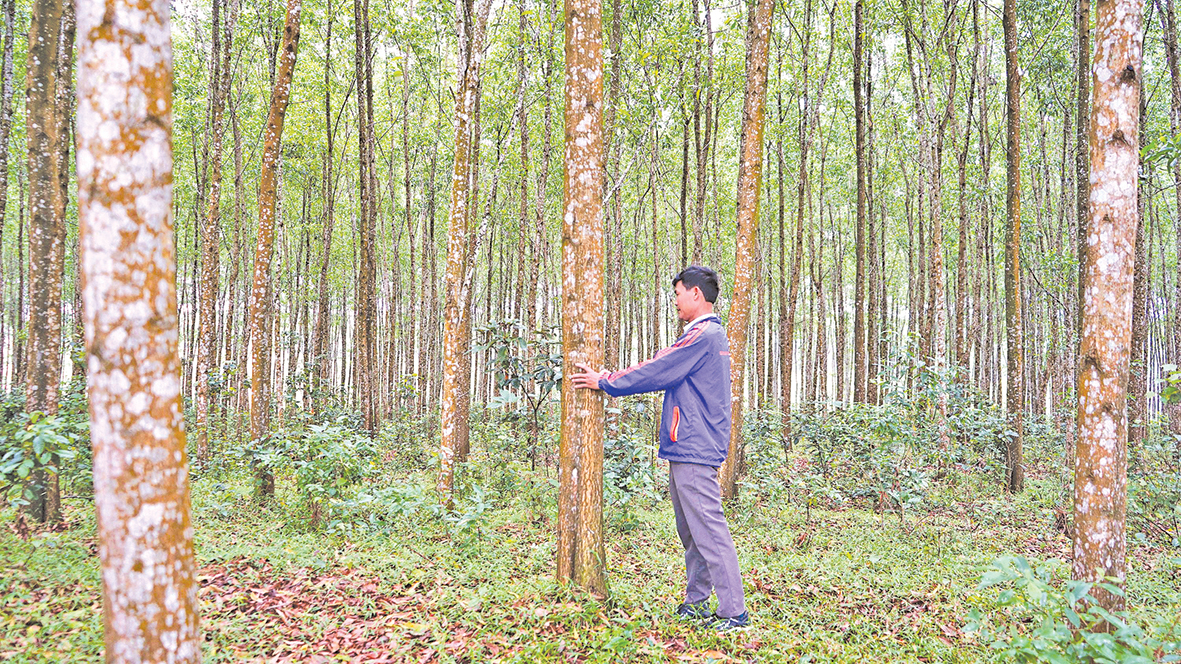
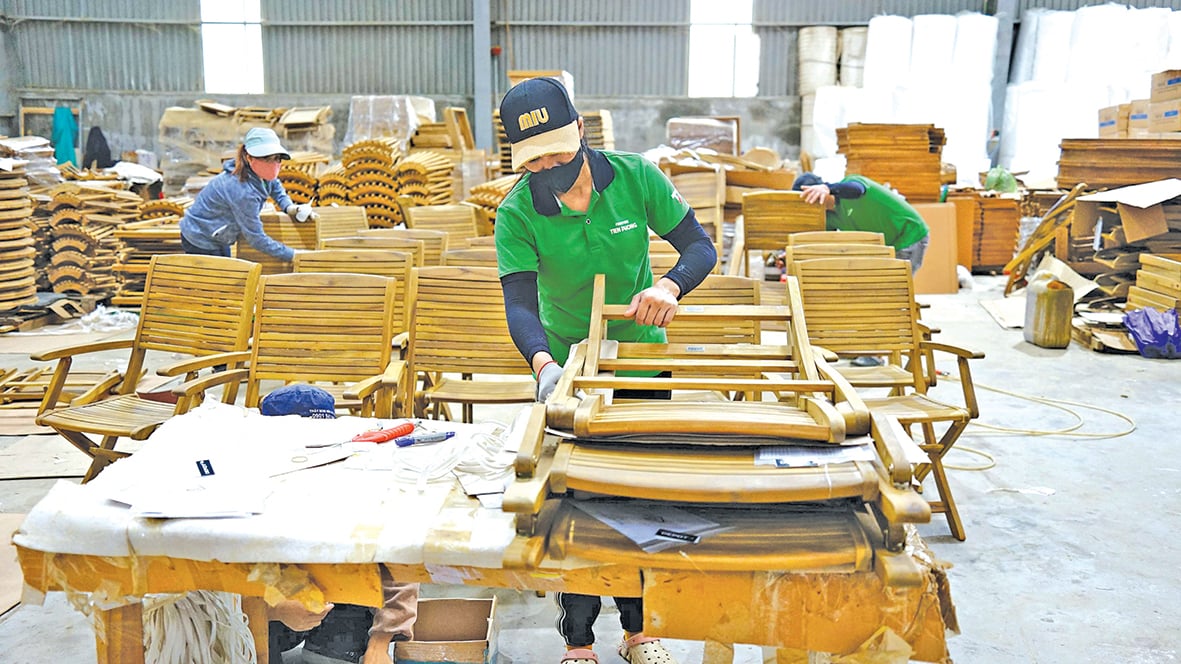
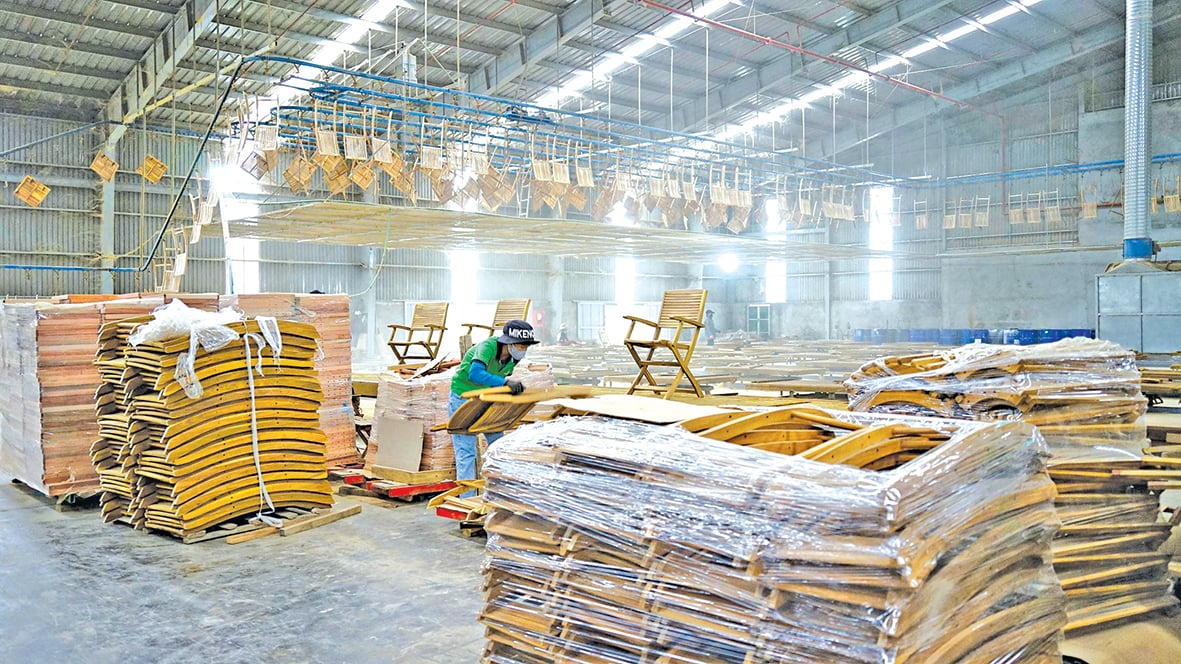








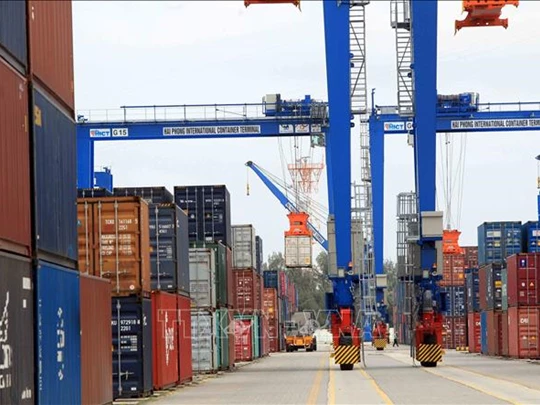

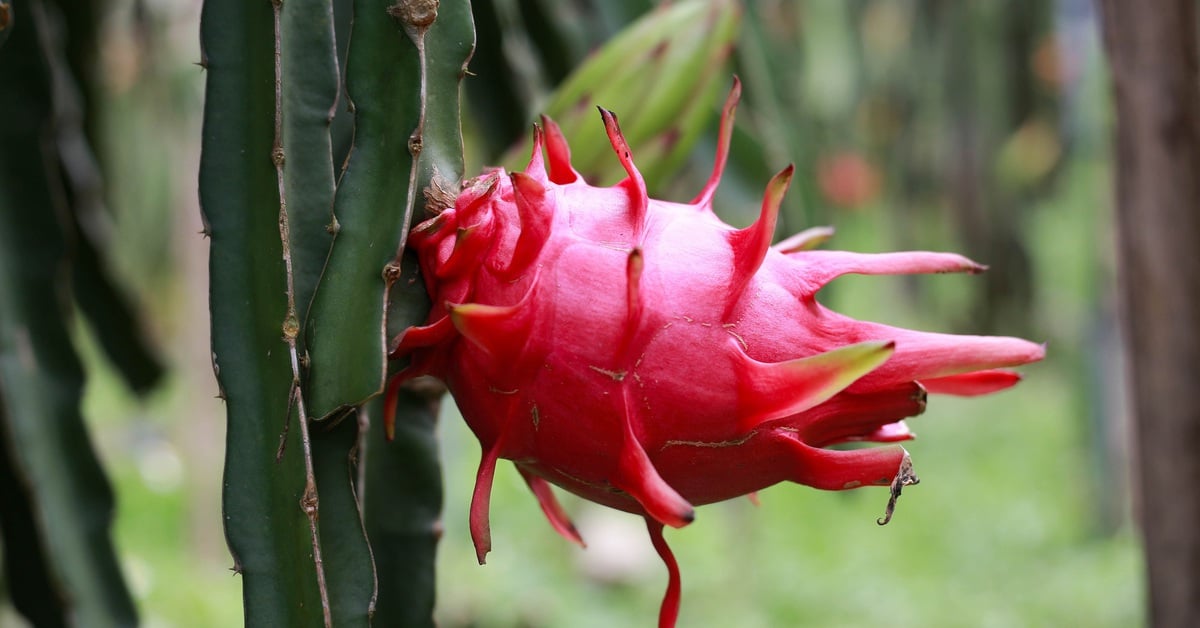

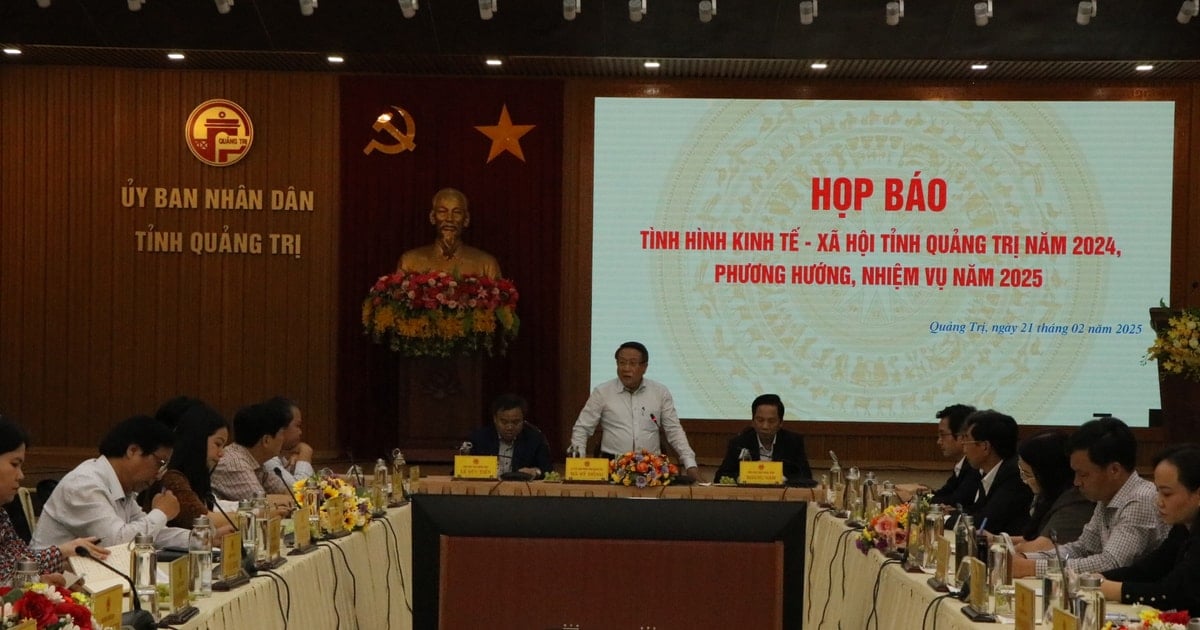

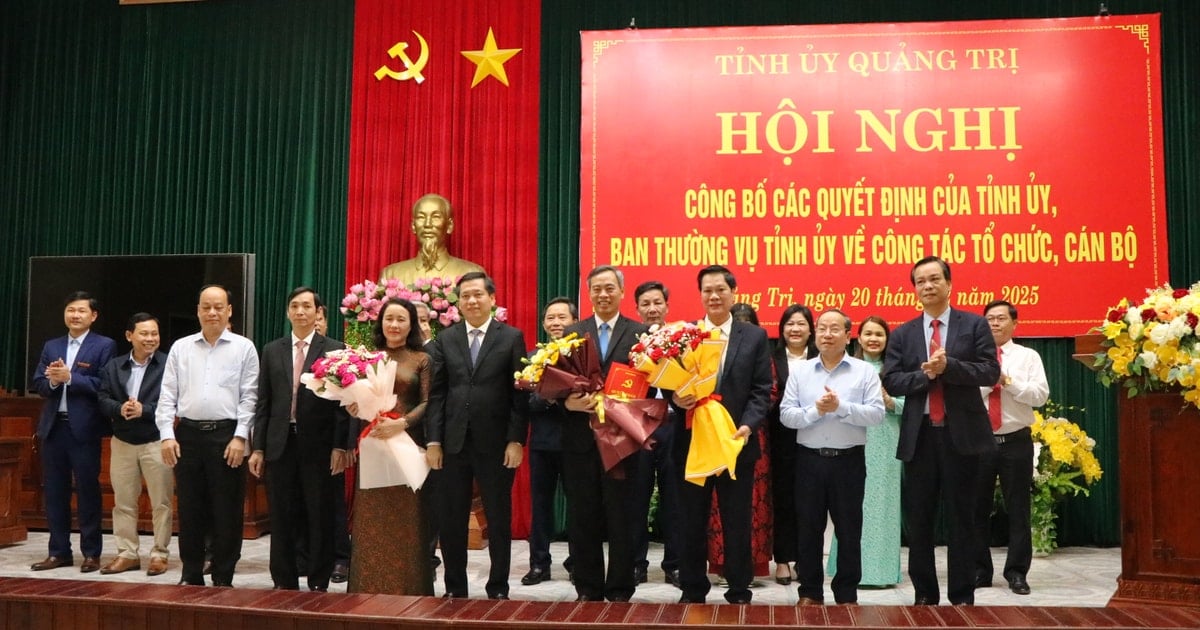



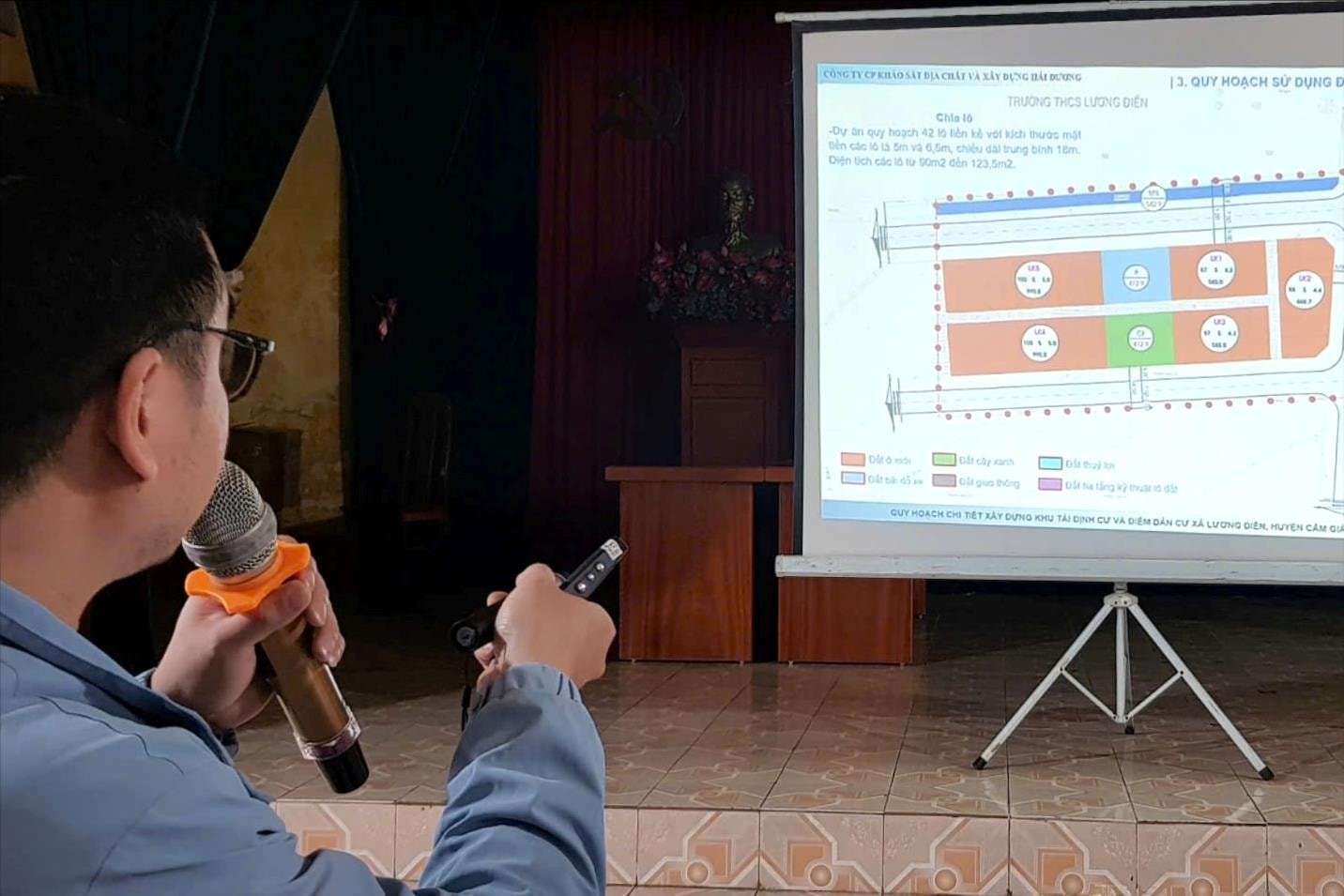

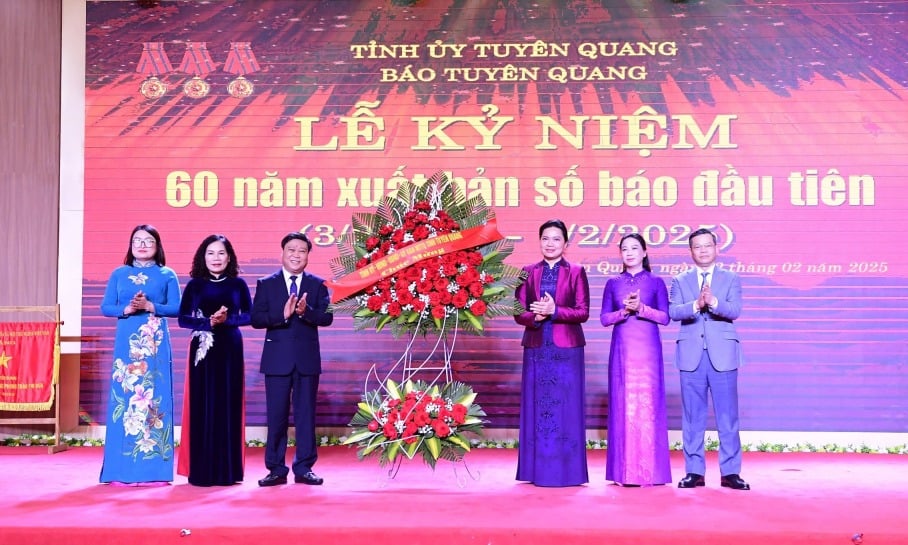
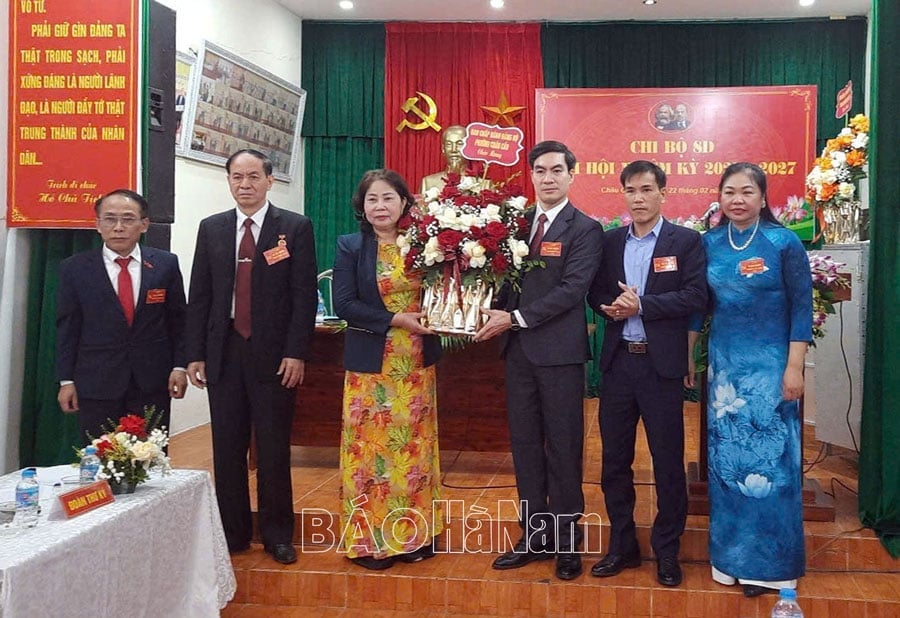











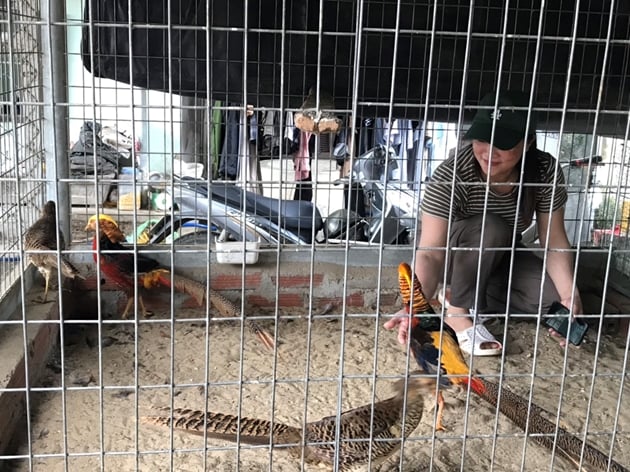

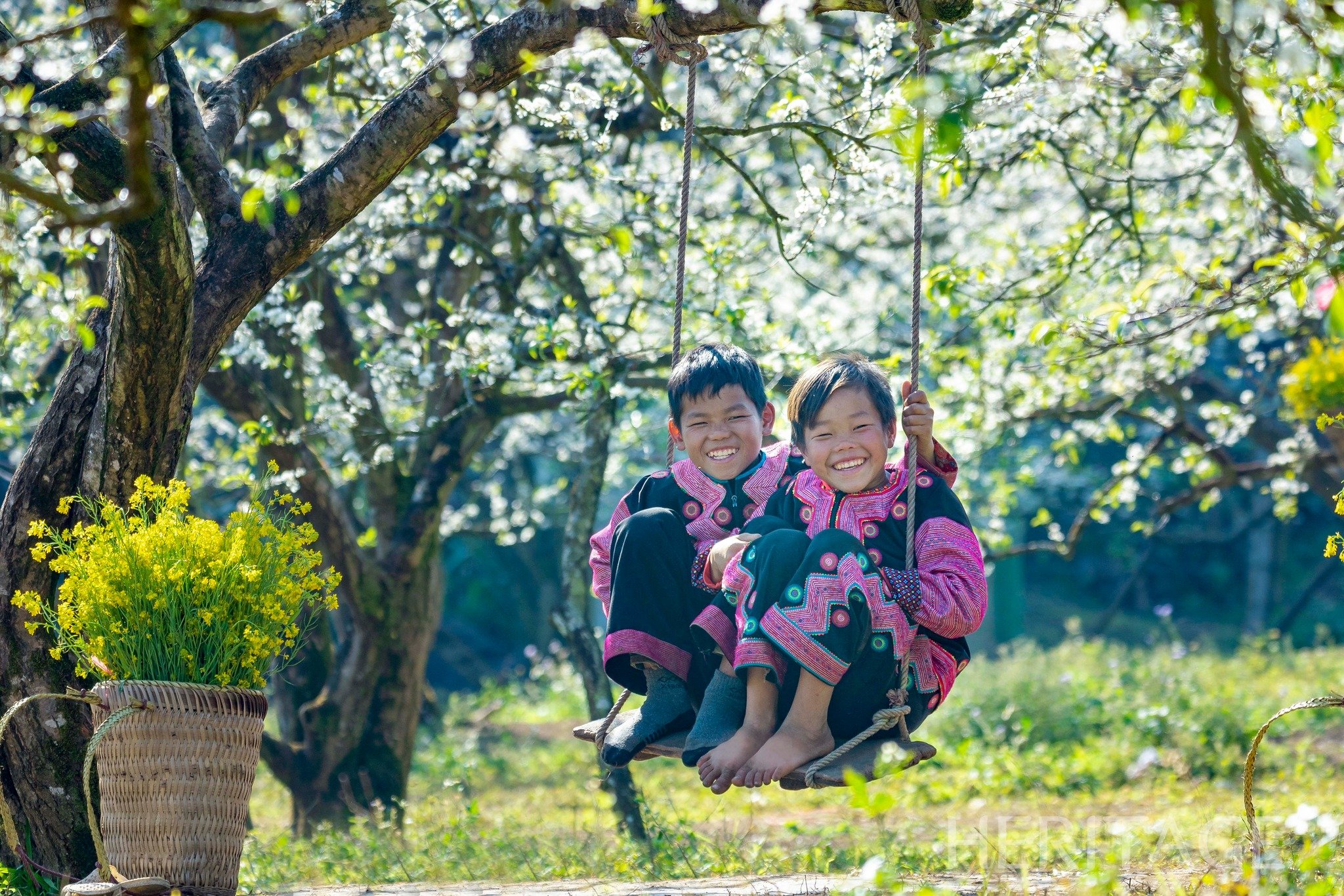

Comment (0)